The choppy waters of Russian sanctions
Guest author Paul Dickie, partner at maritime law firm Jaffa & Co, explores the issues faced in the context of the sanctions imposed following the invasion of Ukraine…
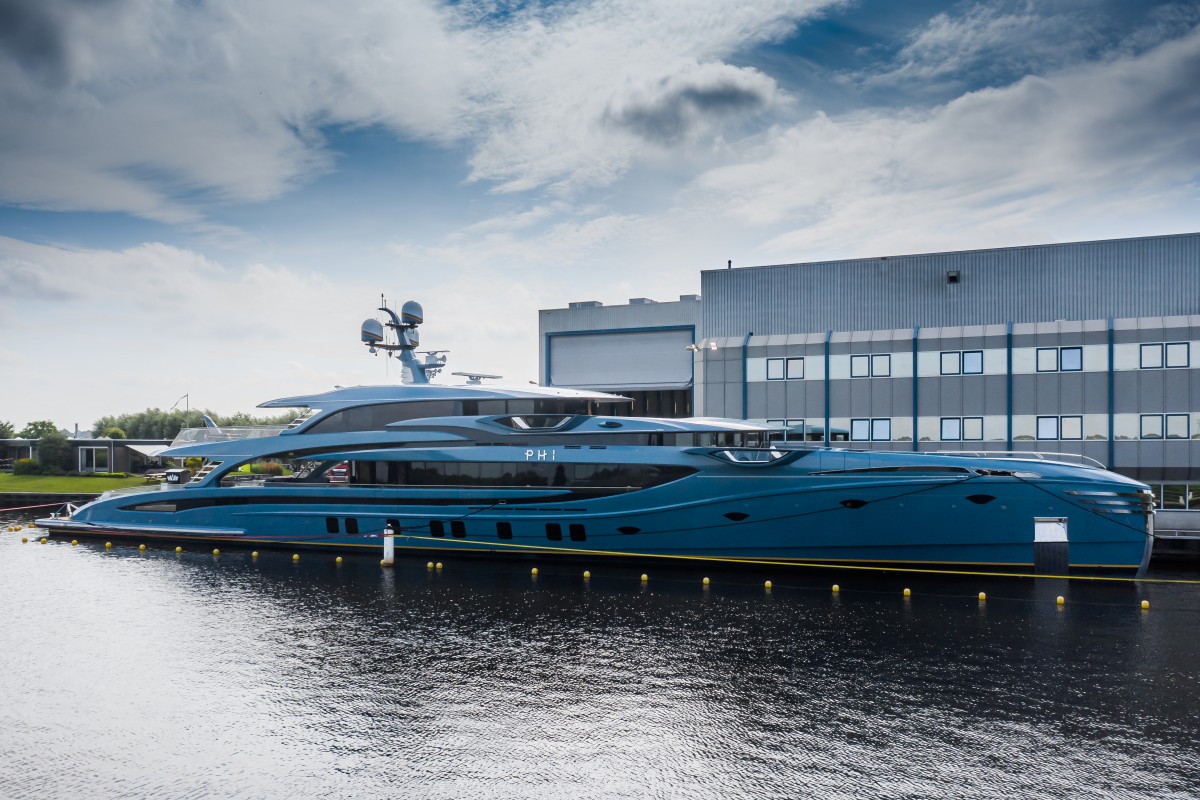 Phi – photo credit: Tom van Oosanen
Phi – photo credit: Tom van Oosanen
The legality of the implementation of sanctions related to Russia has been a focal point in prominent cases such as Phi and Alfa Nero since the invasion of Ukraine last year.
In the broadest sense, sanctions are limitations placed by states against other sovereign states and their institutions, companies, individuals and assets to discourage activity or promote change within the nation concerned. Imposing sanctions just for the sake of it may seem futile and potentially unjust, especially if they impact innocent parties directly. While the grounds for sanctions are strong due to the illegal invasion, their repercussions extend to the innocent as well as the guilty.
Eighteen months after the invasion of Ukraine, those affected by sanctions are seeking recourse through the courts in the UK and other countries, with the decisions of government officials being tested according to public-law notions of due process, proportionality, fairness and reasonableness. While each case is unique, the judgments behind these decisions are being dissected for broader application.
Two such cases have recently been heard by the High Court in London. In one, an individual was sanctioned and had assets frozen on the grounds of association with Russian elites. The other, despite not being sanctioned himself and denying support of the regime, has had his superyacht detained in London due to his profile and Russian origins.
Beyond the courtroom battles, daily questions arise about dealing with situations involving Russia. These situations fall into categories such as legal entity identification and their connections to Russia, asset ownership or management tied to Russian interests, and activity types such as management, crewing, insurance and financial transactions. These categories are subject to specific sanctions from various countries.
Even if an activity doesn’t directly violate applicable sanctions in one country, it might breach another country’s secondary sanctions. This creates complexity because a prohibition imposed by foreign law on executing an English law contract does not necessarily render the contract void.
If both parties have agreed by way of a KYC clause (Know Your Customer) or extended termination provision, the court may give effect to those terms. This is what happened in the case of Cynergy v Lamesa [2020], where US secondary sanctions amounted to mandatory provisions of law in an international inter-bank loan contract.
 Paul Dickie, partner, Jaffa & Co
Paul Dickie, partner, Jaffa & Co
Repercussions extend beyond legal considerations. Industry players, including banks and insurers, often make decisions driven by reputational concerns. They might deny payment processing or marine coverage based on perceived risks, even if an activity is legally acceptable. Implementing sanctions within the EU varies due to different approaches adopted by individual states, despite an overarching EU sanctions framework.
This means that a percentage of the global superyacht fleet is detained or practically unsellable, unchartable or unmanageable. While each situation demands a unique resolution, many will remain unresolved until sanctions are lifted, which could extend beyond the end of the Ukraine conflict. Since the invasion, many assets have been sold, transferred to different ownerships or had changes in management and stakeholder arrangements.
The historical effect of having been previously managed or owned by a sanctioned entity may make it difficult to enable the asset to be operated commercially in the future.
Ultimately, the more dialogue there is between the governments and the owners, the better. There is a large number of ‘big boats’ whose value is decreasing as they sit in port deteriorating. It may be that such vessels could operate under a licence, such as the one given to Roman Abramovich’s Chelsea FC – where the club could play and supporters attend pending a sale of the club.
If such arrangements are possible with football clubs, why not with yachts? The obvious answer is that yachts move and might be sailed away, but it isn’t hard to envisage arrangements whereby that risk might be mitigated.
Courts will not typically interfere with ministers’ decisions, but the rulings most open to challenge are those taken hastily in the immediate aftermath of the invasion. As the new laws and sanctions mature, the passage of time will lead to better, more considered procedures for the control of the designation of sanctioned persons and their assets.
This article first appeared in The Superyacht Owner Report. To gain access to The Superyacht Group’s full suite of content, publications, events and services, click here to join The Superyacht Group Community and become one of our members.
Profile links
NEW: Sign up for SuperyachtNewsweek!
Get the latest weekly news, in-depth reports, intelligence, and strategic insights, delivered directly from The Superyacht Group's editors and market analysts.
Stay at the forefront of the superyacht industry with SuperyachtNewsweek
Click here to become part of The Superyacht Group community, and join us in our mission to make this industry accessible to all, and prosperous for the long-term. We are offering access to the superyacht industry’s most comprehensive and longstanding archive of business-critical information, as well as a comprehensive, real-time superyacht fleet database, for just £10 per month, because we are One Industry with One Mission. Sign up here.
Related news
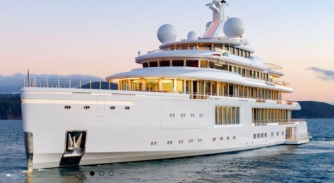
Burgess granted licence to pay sanctioned crew
After a protracted process, the crew of Luminosity and Alfa Nero will finally receive their pre-sanction salaries before the end of the year
Business
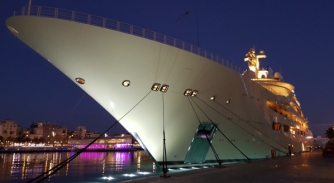
Will Russian yachts be sold for Ukraine?
We speak to HFW's Daniel Martin to understand the legitimacy, plausibility and ramifications of government plans to tax seized Russian assets
Business
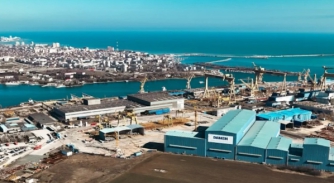
Damen sues Dutch government
Damen Shipyards is now pursuing compensation for significant financial setbacks attributed to the Russian sanctions
Business
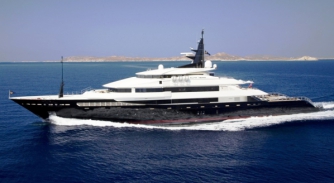
Eric Schmidt retracts Alfa Nero bid
Amid constant legal battles, the former Google CEO has walked away from purchasing the superyacht, adding to the quagmire
Business

Phi owner loses UK court case
The detention of Phi has been deemed lawful by the UK High Court, despite the owner not being sanctioned
Business
Related news
Burgess granted licence to pay sanctioned crew
2 years ago
Will Russian yachts be sold for Ukraine?
2 years ago
Damen sues Dutch government
2 years ago
Eric Schmidt retracts Alfa Nero bid
2 years ago
Phi owner loses UK court case
2 years ago
NEW: Sign up for
SuperyachtNewsweek!
Get the latest weekly news, in-depth reports, intelligence, and strategic insights, delivered directly from The Superyacht Group's editors and market analysts.
Stay at the forefront of the superyacht industry with SuperyachtNewsweek



